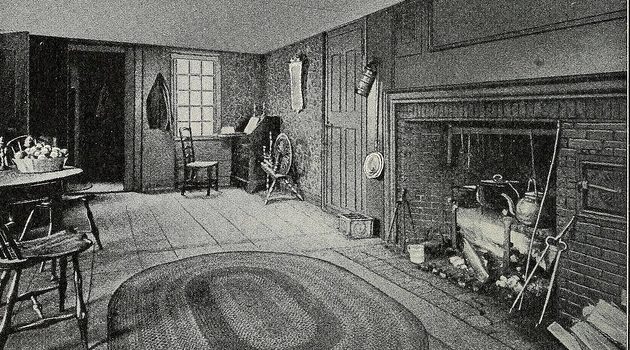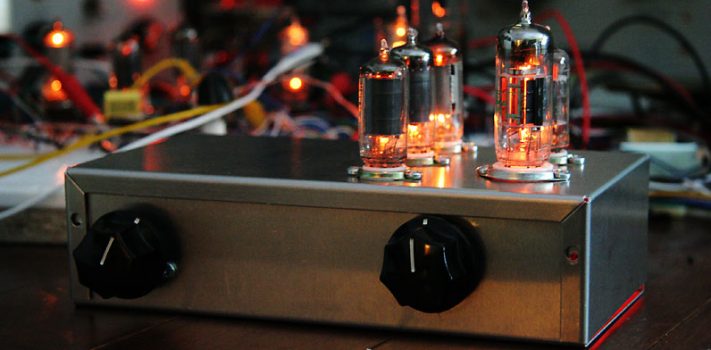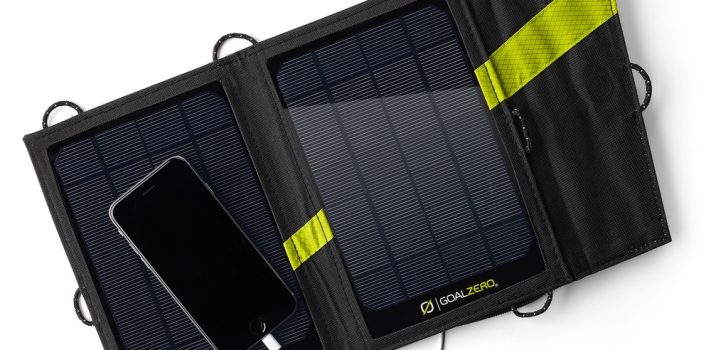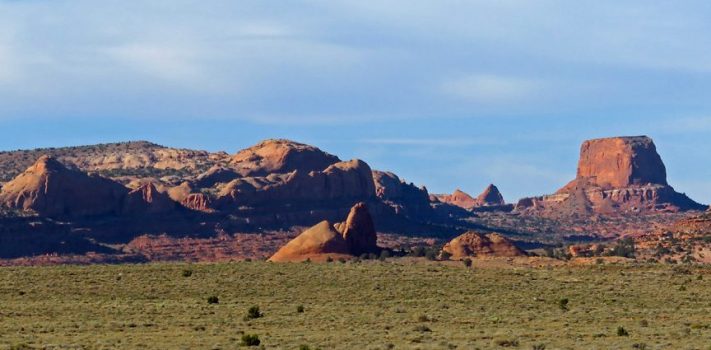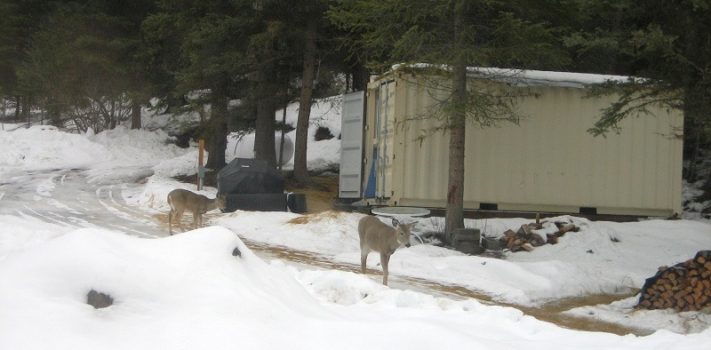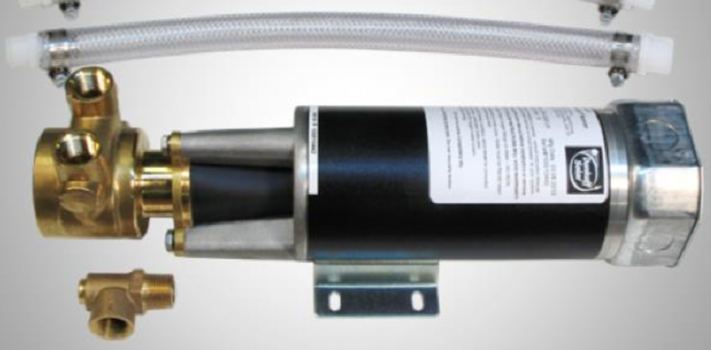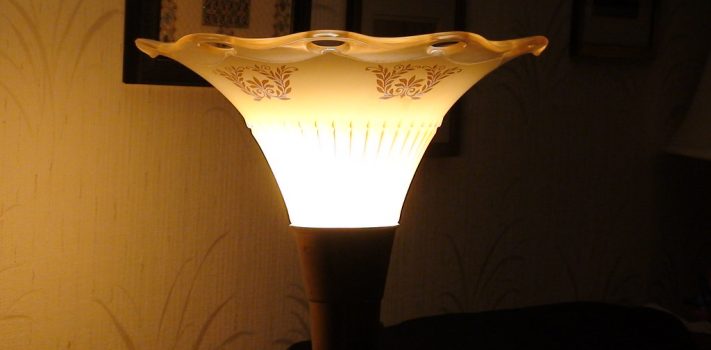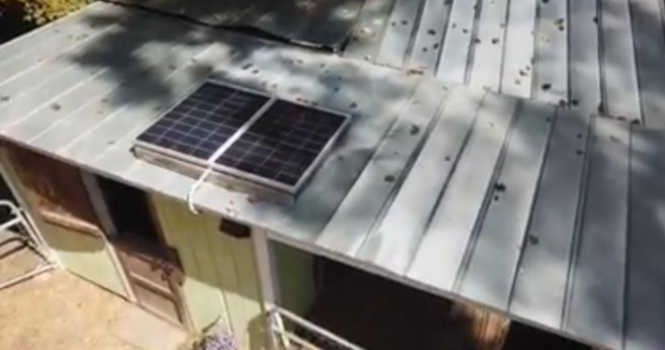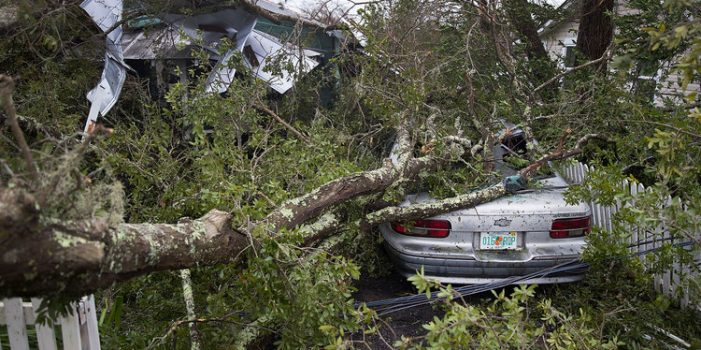Living Off The Grid – Part 2, by V.F.
(Continued from Part 1. This concludes the article.) In October of the first year, I remember going out to take a shower in the “shower room” outside. By the time I had finished I was sobbing, crying incoherently, full of pity for myself. You see, it was already freezing cold and while I thought of solutions like adding a heater and so forth, I realized that I just didn’t want to have to deal with this anymore. But I had made my bed and I was going to have to sleep in it as the old saying goes. I let …

